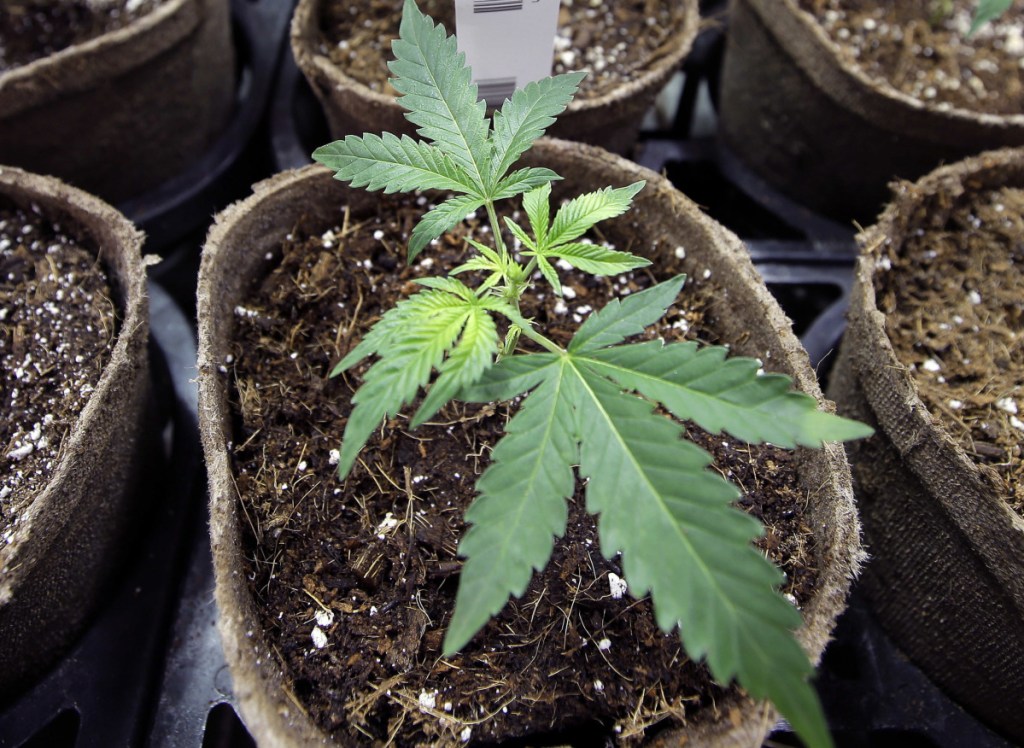CHICAGO — Marijuana’s main mind-altering ingredient was detected in nursing mothers’ breast milk in a small study that comes amid evidence that more U.S. women are using pot during pregnancy and afterward.
Experts say the ingredient, THC, has chemical properties that could allow it to disrupt brain development and potentially cause harm, although solid evidence of that is lacking.
The new study involved 50 nursing mothers who were using pot and provided breast milk samples to researchers at the University of California, San Diego. Lab testing found small amounts of THC, the psychoactive chemical that causes marijuana’s “high,” in 34 of 54 samples up to six days after they were provided. Another form of THC and cannabidiol, a pot chemical touted by some as a health aid, were detected in five samples.
The study’s authors said “it is reasonable to speculate” that exposing infants to THC or cannabidiol “could influence normal brain development,” depending on dose and timing.
The results echo findings in case reports from years ago, when pot was less potent than what’s available today, said study co-author Christina Chambers, a pediatrics professor. It’s not known if the amounts detected pose any risk, but she said her research team is studying children whose moms were involved to try to answer that question.
Two small studies from the 1980s had conflicting results on whether pot use affects breastfed infants. One found no evidence of growth delays; the other found slight developmental delays in breastfed infants, but their mothers had used pot during pregnancy too.
Most pediatricians encourage breastfeeding and its health benefits for infants, but “they’re stuck with a dilemma” with infants whose mothers use pot, Chambers said.
A new American Academy of Pediatrics report recommending against pot use while pregnant or nursing acknowledges that challenge. “We still support women breastfeeding even if using marijuana but would encourage them to cut down and quit,” said report co-author Dr. Seth Ammerman, a Stanford University pediatrics professor.
Send questions/comments to the editors.


